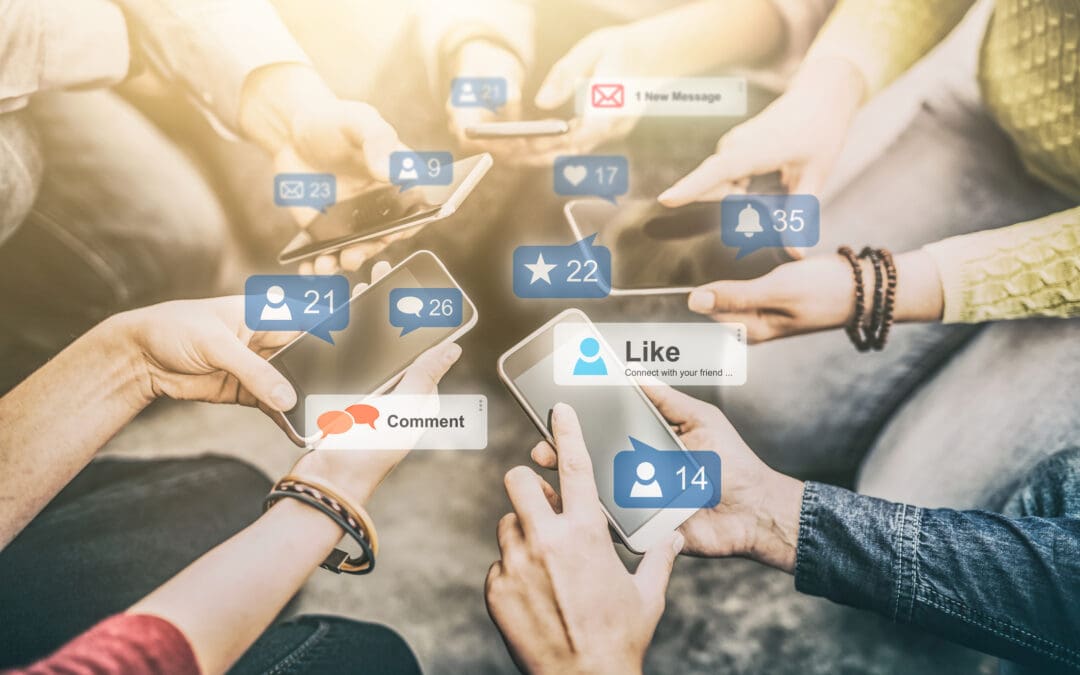Genesis 1 is clear. We were created in God’s image””male and female””God created us. But what’s often difficult in the era of social media is remembering that imago dei applies to that person with whom you vehemently disagree!
Recently, I found myself in a serious struggle with this concept. Someone I don’t know replied in a comment thread about how an unborn baby is, “just a clump of cells without a brain.” Wow! I was ready to set them straight. My mind reeled.
Apparently, this guy was born without a brain if he believes that. Where does he get his news? He’s probably just stupid”¦ These were the thoughts running through my head.
So, I set out to give him a Facebook comments education. I’ll stand up for science. He’ll learn a thing or two from me . . . But as I begin to type I’m convicted with the truth: No one wins in a social media argument.
I’m also convicted of how hardened my heart can quickly become towards a person I’ve never met. In a flash, I strip away that person’s dignity. I don’t know his name or his story, but in my heart, he’s de-personified. Why? Because I’ve determined that he doesn’t qualify as someone I’m “supposed” to love.
It’s no surprise that social media makes human dignity vulnerable because social media leaves out the “human” part of our interactions. Those very characteristics that make us people (separating us from computers and machines) such as natural, uncalculated responses, facial expressions, and tone are all absent in the realm of social media.
Truth is, as we interact with other humans through this medium, it’s easy to feel like we’re arguing with Siri or Alexa. There are no immediate cues or consequences when we smugly scorn someone on social media. We may feel the stress of the interaction, but we’re essentially arguing with a computer. We don’t have the ability to sit down, talk about it, and try to increase our understanding in order to reconcile the relationship.
God created humans. We were designed to communicate, relate, and connect in specific ways. But man created social media. Now we’ve built a virtual Tower of Babel, and just like in ancient days, we’re making a mess!
Most Americans believe that incivility has risen to crisis levels, depending on who you cite. The numbers range from 75 to 93 percent of us believing that the way we speak to each other is a serious problem. Most also believe that social media has something to do with this problem. But we also, unfortunately, believe that our distanced discourse has no tangible outcomes after we leave the app. But as we look at the divided state of our country, we can see the fallacy in this thinking.
The word dignity derives from a Latin word that means worth and merit. As we stand for the cause of abundant life, we work tirelessly to promote God’s truth””that every human life, born and unborn, has tremendous worth. Let us also remember, in our social media interactions””that even those who disagree with us have worth.

